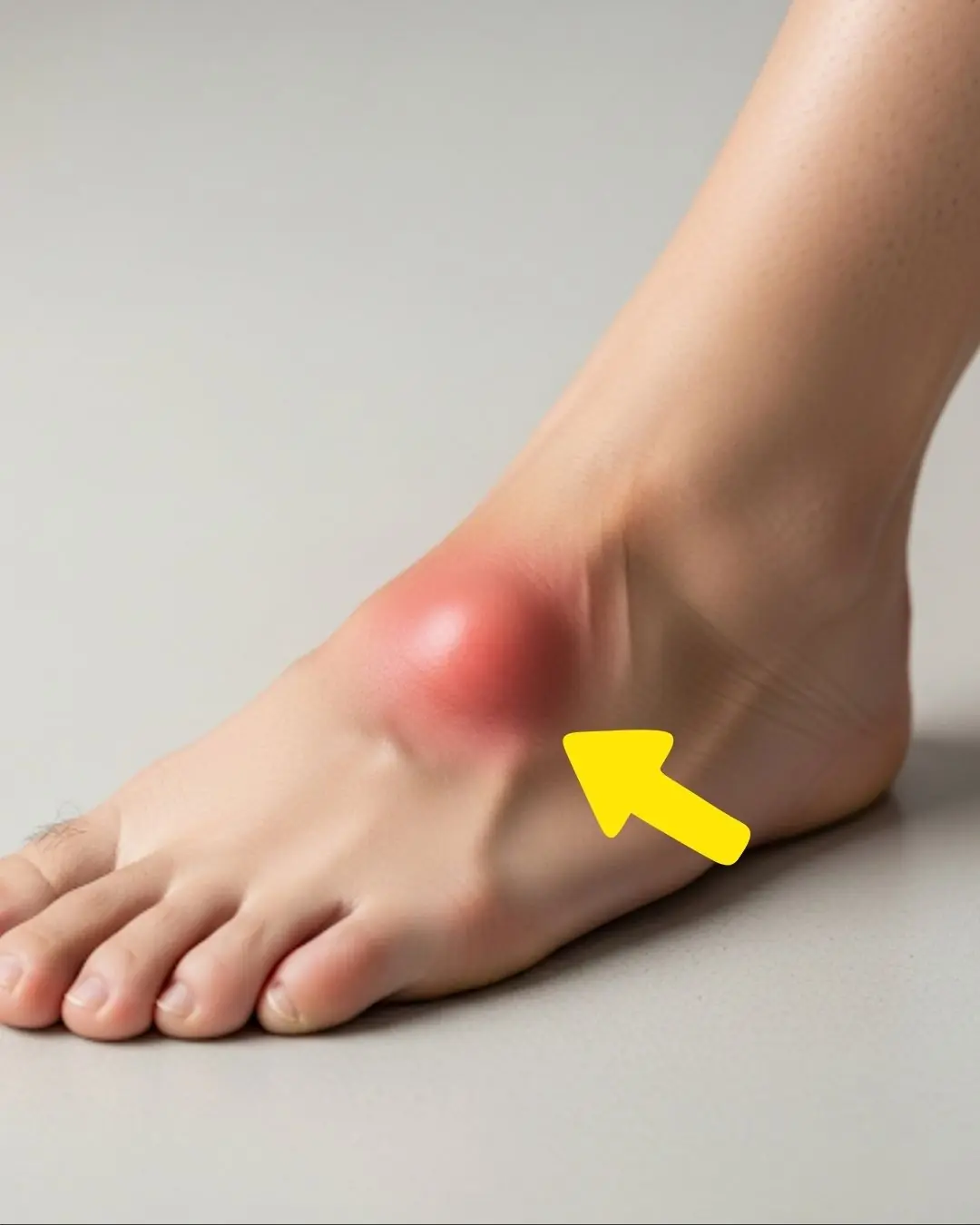
Fatty Liver Warning Signs and Treatments: Key Facts Doctors Want You to Know
Fatty liver disease, also called hepatic steatosis, occurs when too much fat builds up in the liver cells. While a small amount of fat is normal, excess fat can interfere with the liver’s ability to function properly. Over time, this may lead to inflammation, scarring, and in severe cases, advanced liver complications. This condition is surprisingly common, especially among people with obesity, diabetes, high cholesterol, or those who consume excessive amounts of alcohol. Genetics can also play a role, meaning even individuals with a normal body weight could be at risk.

Key Causes of Fatty Liver
Several different factors may trigger fatty liver, many of which are linked to modern lifestyle habits. The most common causes include:
- Unhealthy Diet – Diets loaded with processed foods, sugary drinks, and unhealthy fats put stress on the liver and promote fat storage.
- Obesity & Overweight – Excess body fat increases the chances of fat being stored in the liver.
- Insulin Resistance – Closely tied to type 2 diabetes and metabolic syndrome, this condition makes it harder for the body to regulate blood sugar, which in turn contributes to fatty liver.
- Excessive Alcohol Intake – Drinking heavily over long periods can overwhelm the liver, slowing its ability to break down fat and causing it to accumulate.
- Other Factors – Certain medications, rapid weight loss, or pregnancy may also trigger temporary forms of fatty liver. For example, acute fatty liver of pregnancy is a rare but serious condition that typically resolves after delivery.
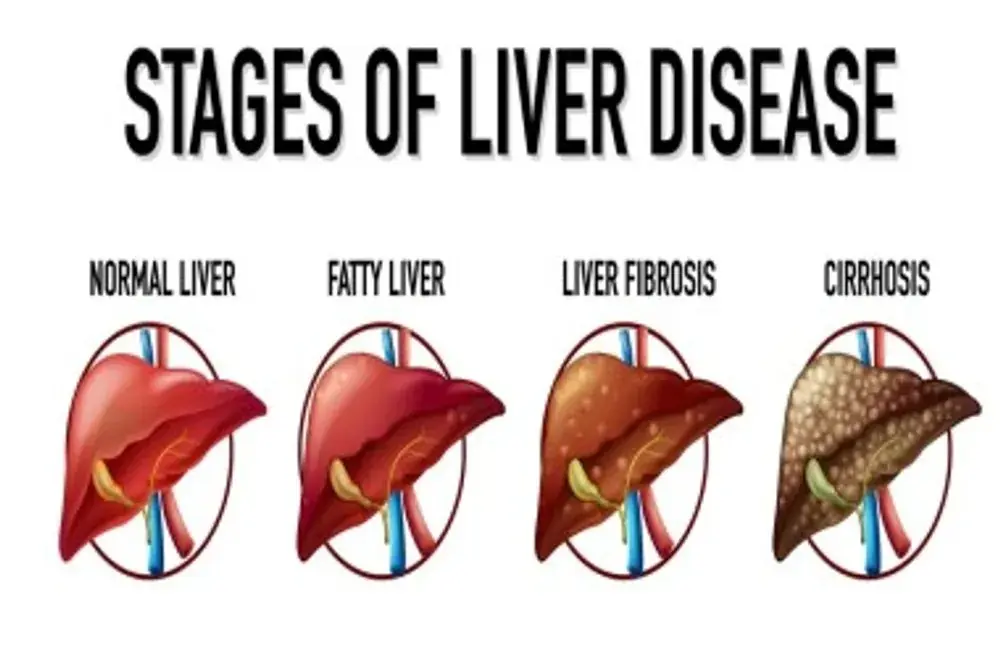
Symptoms You Shouldn’t Ignore
One of the most challenging aspects of fatty liver disease is that it often develops without noticeable symptoms. Many people only discover it during routine checkups or imaging tests. However, as the condition progresses, you may experience:
- Persistent fatigue and low energy
- Discomfort or dull pain in the upper right abdomen
- A general feeling of being unwell or weak
- Unexplained weight fluctuations
- Yellowing of the skin and eyes (jaundice) in more advanced cases
Types of Fatty Liver Disease
Doctors typically classify fatty liver into two main categories:
- Alcoholic Fatty Liver Disease (AFLD): Directly linked to excessive alcohol consumption.
- Non-Alcoholic Fatty Liver Disease (NAFLD): The most common type, often associated with obesity, high blood pressure, high cholesterol, and type 2 diabetes.
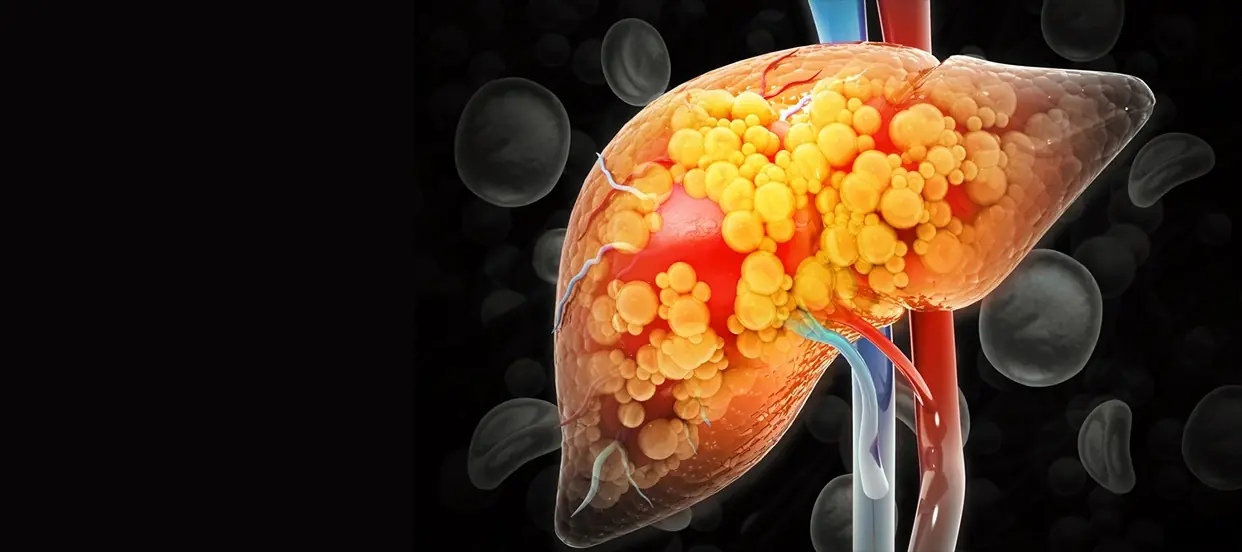
How to Prevent and Manage Fatty Liver Naturally
Fortunately, lifestyle adjustments can make a major difference. By taking proactive steps, you can often reverse the damage or stop fatty liver from progressing.
Dietary Choices:
- Focus on fresh vegetables, fruits, whole grains, and lean protein.
- Swap saturated fats for healthier fats like olive oil, nuts, seeds, and fatty fish.
- Avoid sugary beverages, refined carbs, and deep-fried foods.
Exercise:
- Aim for at least 150 minutes of moderate activity per week, such as brisk walking, cycling, or swimming.
- Add strength training to build muscle and improve metabolism.
- Choose activities you enjoy so that staying active becomes a habit.
Weight Management:
- Even a gradual weight loss of 5–10% can significantly improve liver health.
- Work with a healthcare provider or nutritionist for personalized strategies.
Limit Alcohol:
- If you have AFLD, it’s crucial to reduce or avoid alcohol entirely. For NAFLD, limiting intake still supports better liver health.
Manage Other Health Conditions:
- Keep diabetes, cholesterol, and blood pressure under control to prevent further strain on the liver.
Can Supplements and Home Remedies Help?
While lifestyle remains the cornerstone of treatment, certain natural approaches may support liver health:
- Milk Thistle: May help improve liver cell regeneration.
- Omega-3 Fatty Acids: Found in fish oil, can reduce liver fat and inflammation.
- Vitamin E: Some studies show it may benefit non-alcoholic fatty liver when taken under medical guidance.
- Green Tea: Rich in antioxidants that support liver function.
Always consult with a doctor before starting supplements, especially if you have existing medical conditions.
The Bottom Line
Fatty liver disease may sound alarming, but the good news is that it can often be prevented—or even reversed—through conscious lifestyle changes. By embracing a balanced diet, regular exercise, and careful health management, you can protect your liver and overall well-being. The sooner you take action, the stronger your chances of avoiding long-term complications.
News in the same category

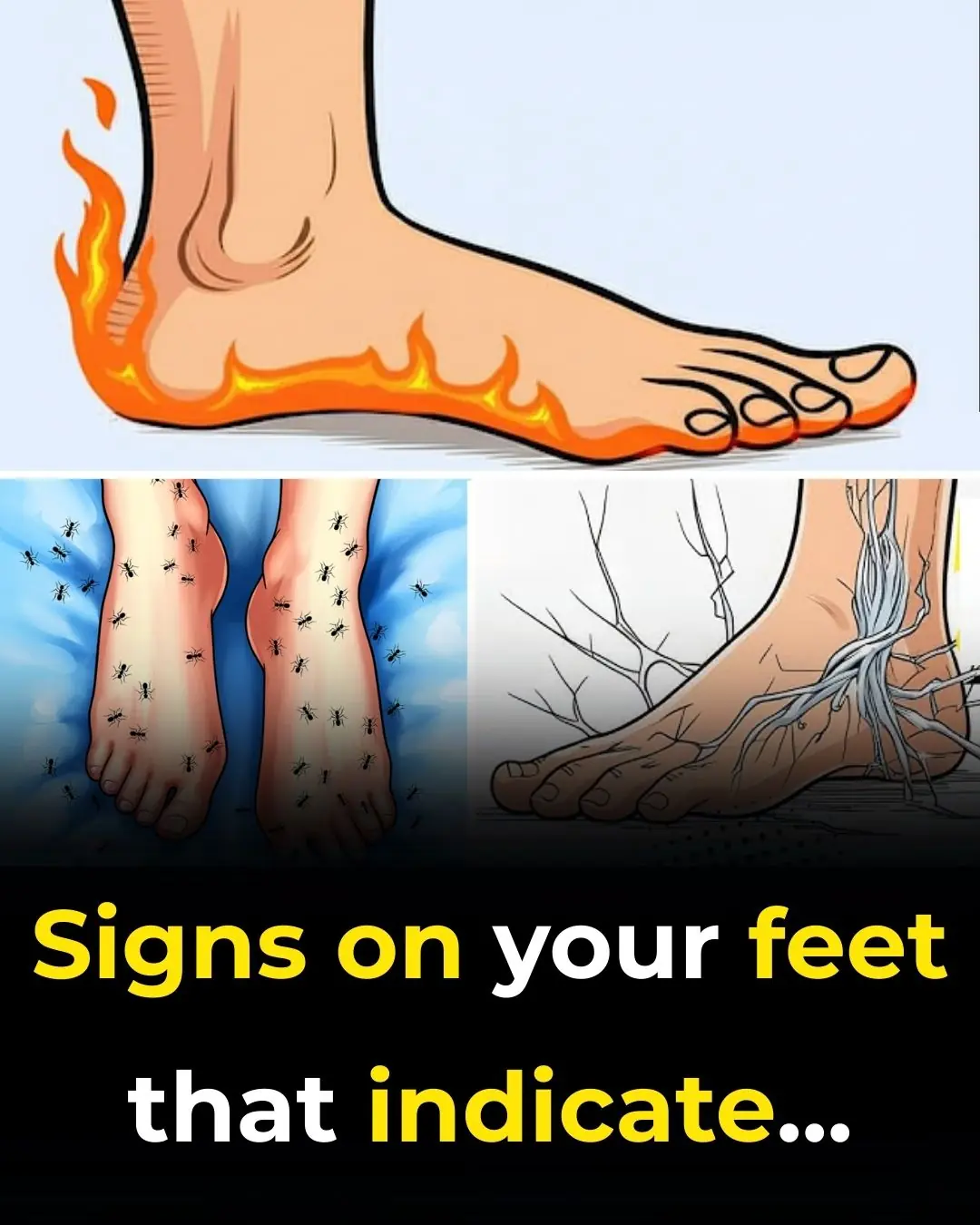
What Your Feet Are Telling You

6 Health Benefits of Sleeping In a Cold Room and How to Make it Cooler- And Why You May Not Want to Use a Fan
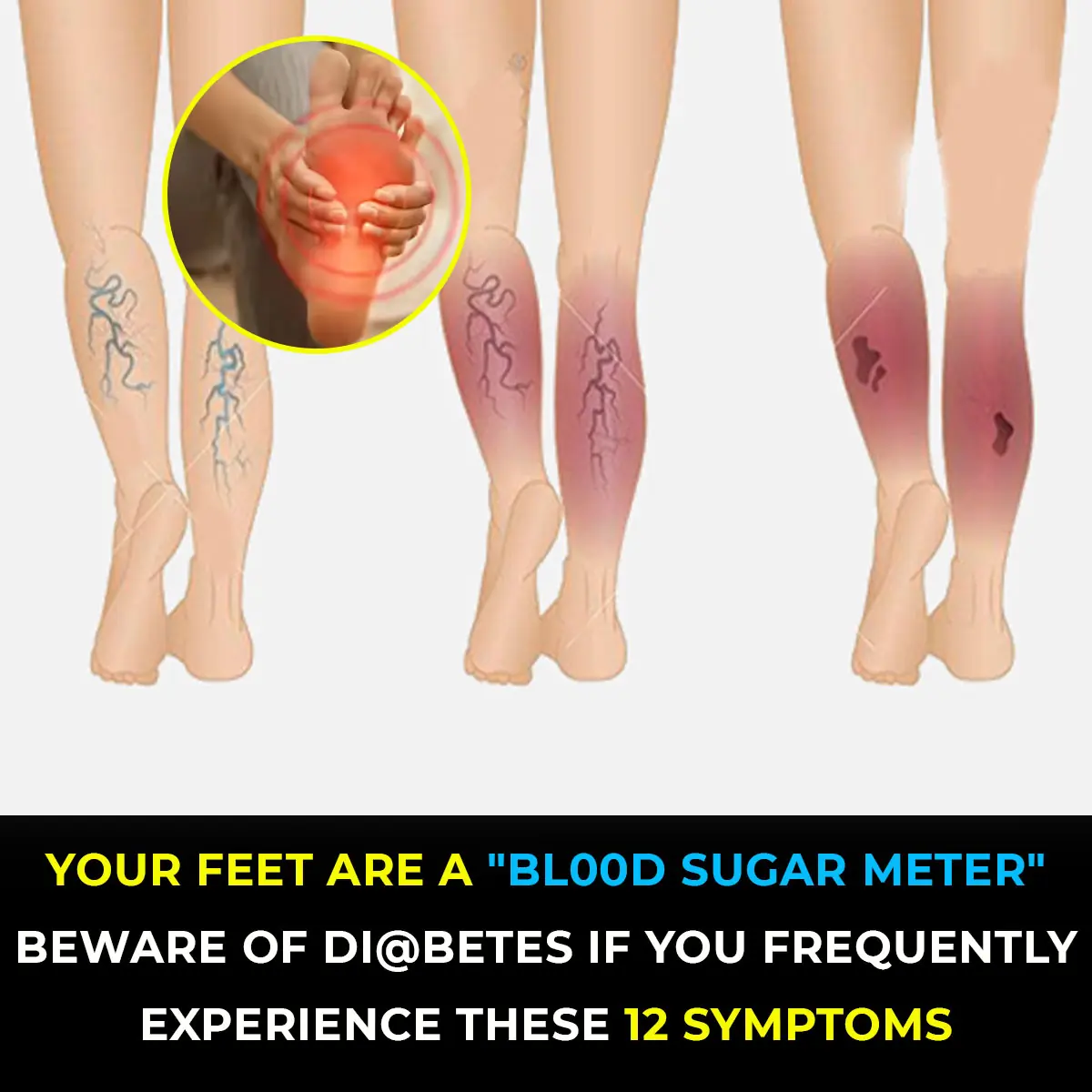
10 Symptoms of Diabetes That May Show Up In Your Feet

This is what sleeping on the left side does for our brain, stomach & glymphatic health
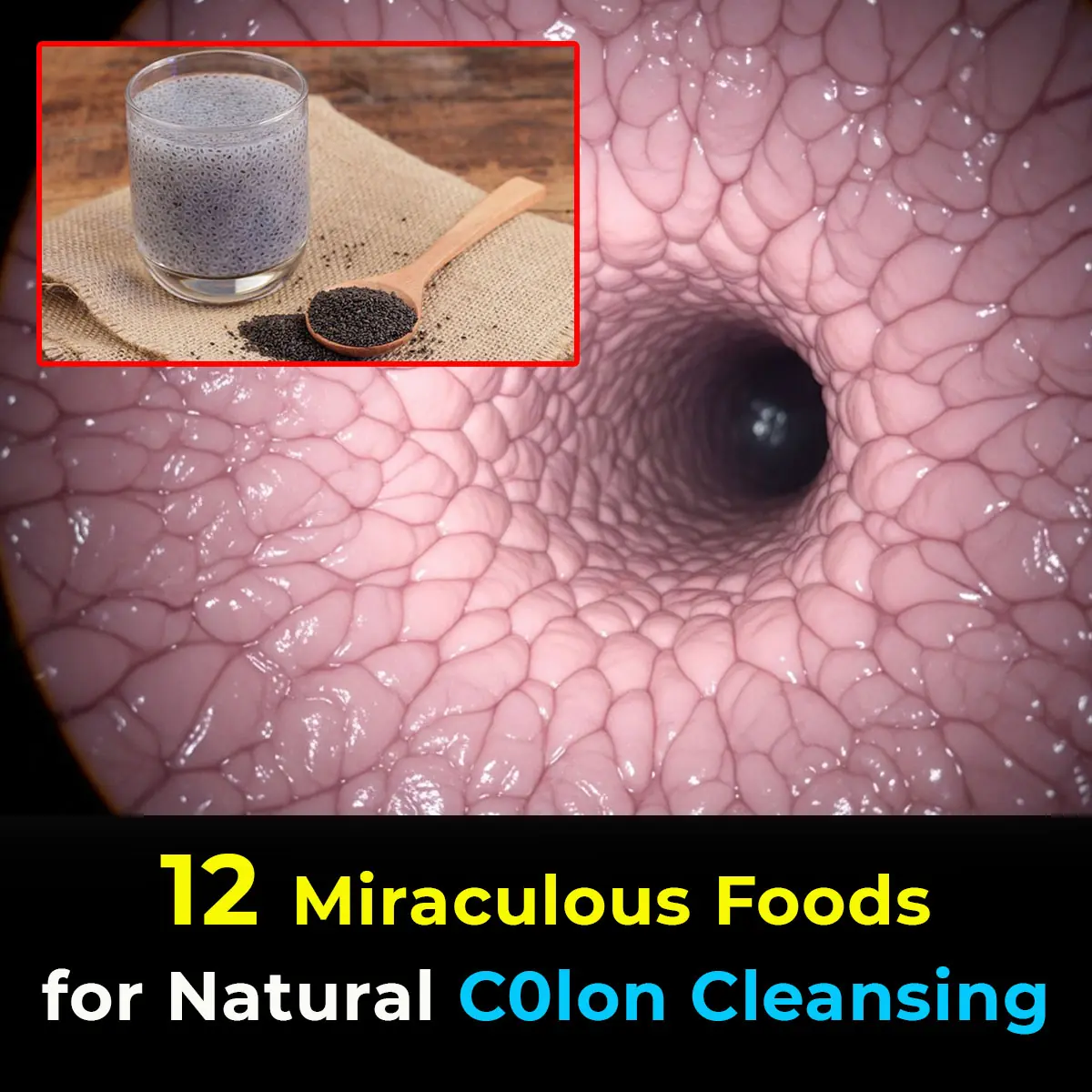
12 Best Foods To Support Digestive and Gut Health
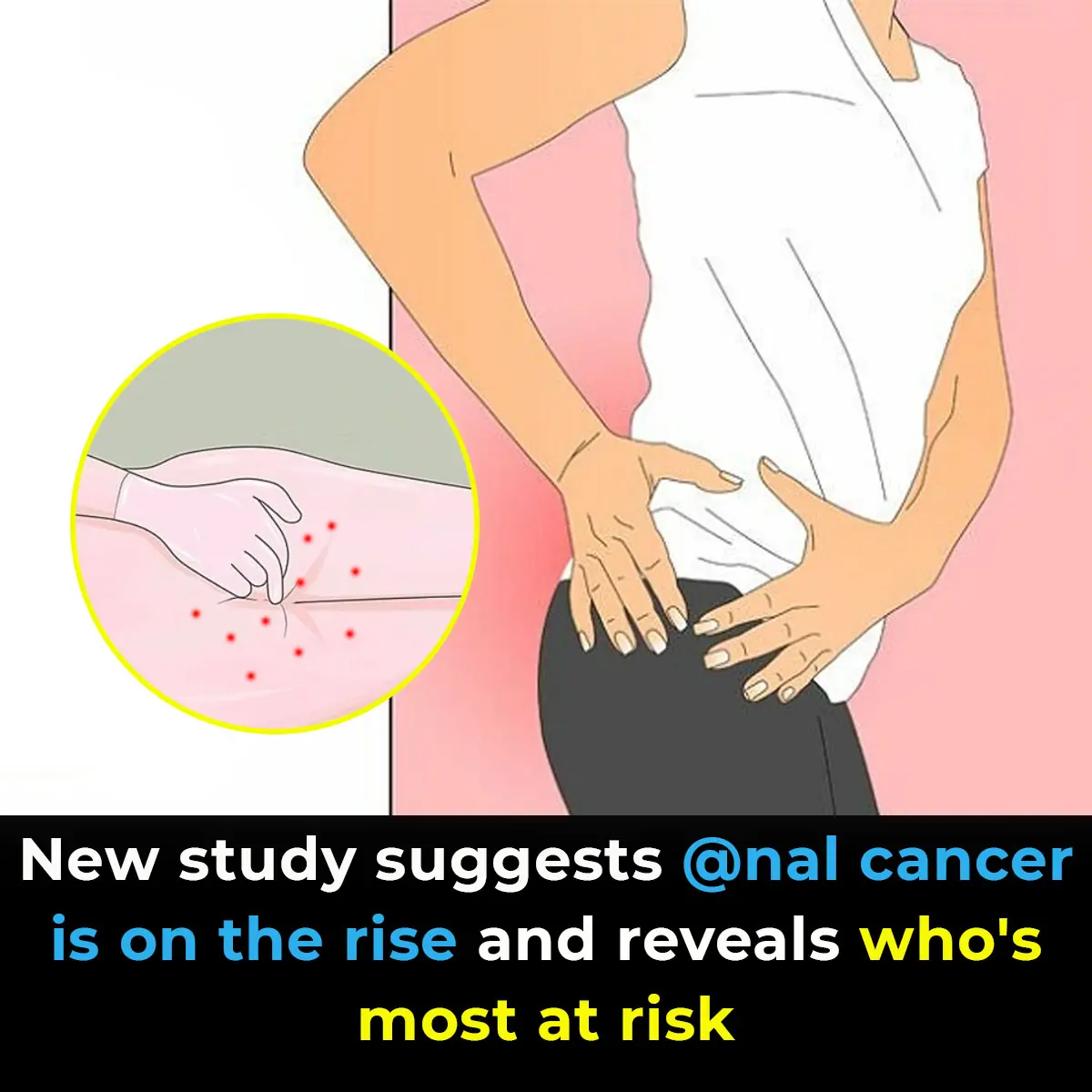
Study suggests anal cancer is on the rise and reveals who’s most at risk

Wife Complains of a Headache, Sleeps, and Dies Without Husband Knowing: This Type of Headache Requires Immediate Hospitalization!

Shocking Effects of Sleeping Less Than 7 Hours — What Really Happens to Your Body
Getting less than seven hours of sleep might feel harmless, but science shows it can quietly damage your body in ways you don’t expect. From hormonal imbalances to skin problems and even digestive issues, sleep deprivation affects far more than just you

Doctors Explain Why You Should Never Hold Back a Fart
On average, every person passes gas 14 to 23 times per day—it’s a natural part of being human and actually shows that your digestive system is functioning properly.

Scientists Invent Smart Tooth That Grows Into Your Gums And Connects To Nerves Like the Real Thing

Scientists Say This New Stem Cell Treatment Could End Type 1 Diabetes for Good
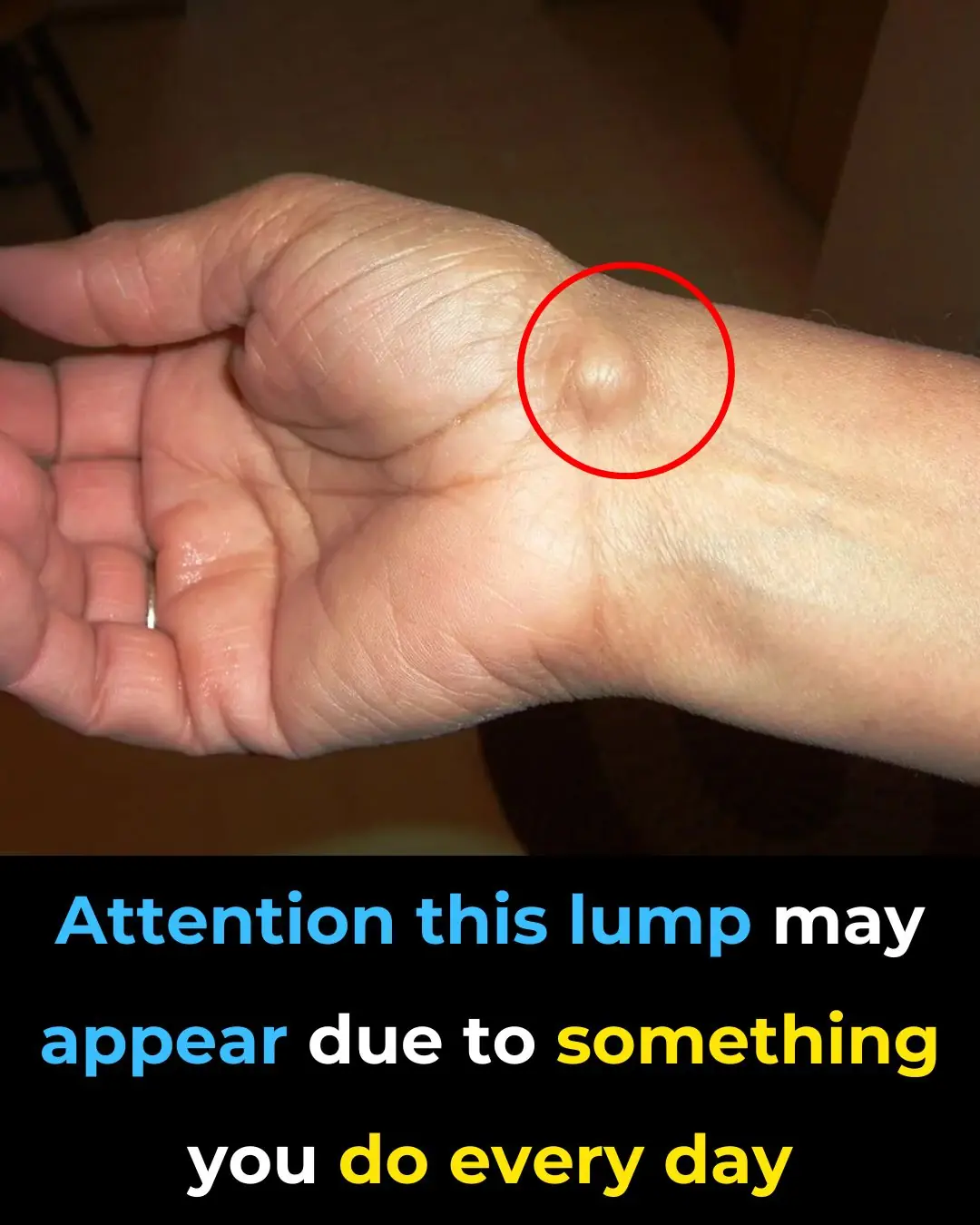
Everyday Habits That Can Cause a This Issue To Your Hands

My Nana’s Homemade Cure for Stubborn Throat Mucus That Works Every Time

Doctors Are Shocked by What Happens When You Eat Chia Seeds First Thing in the Morning
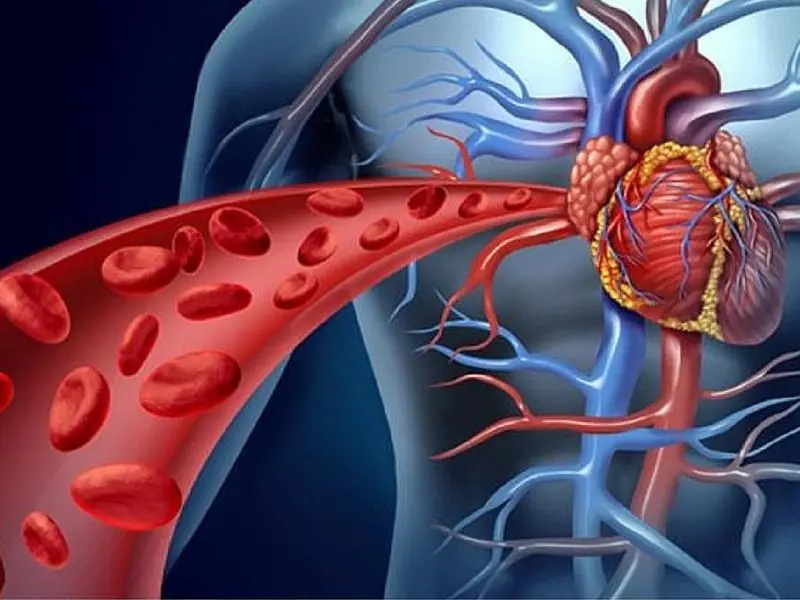
Warning Signs of Poor Blood Circulation That Are Easy to Ignore
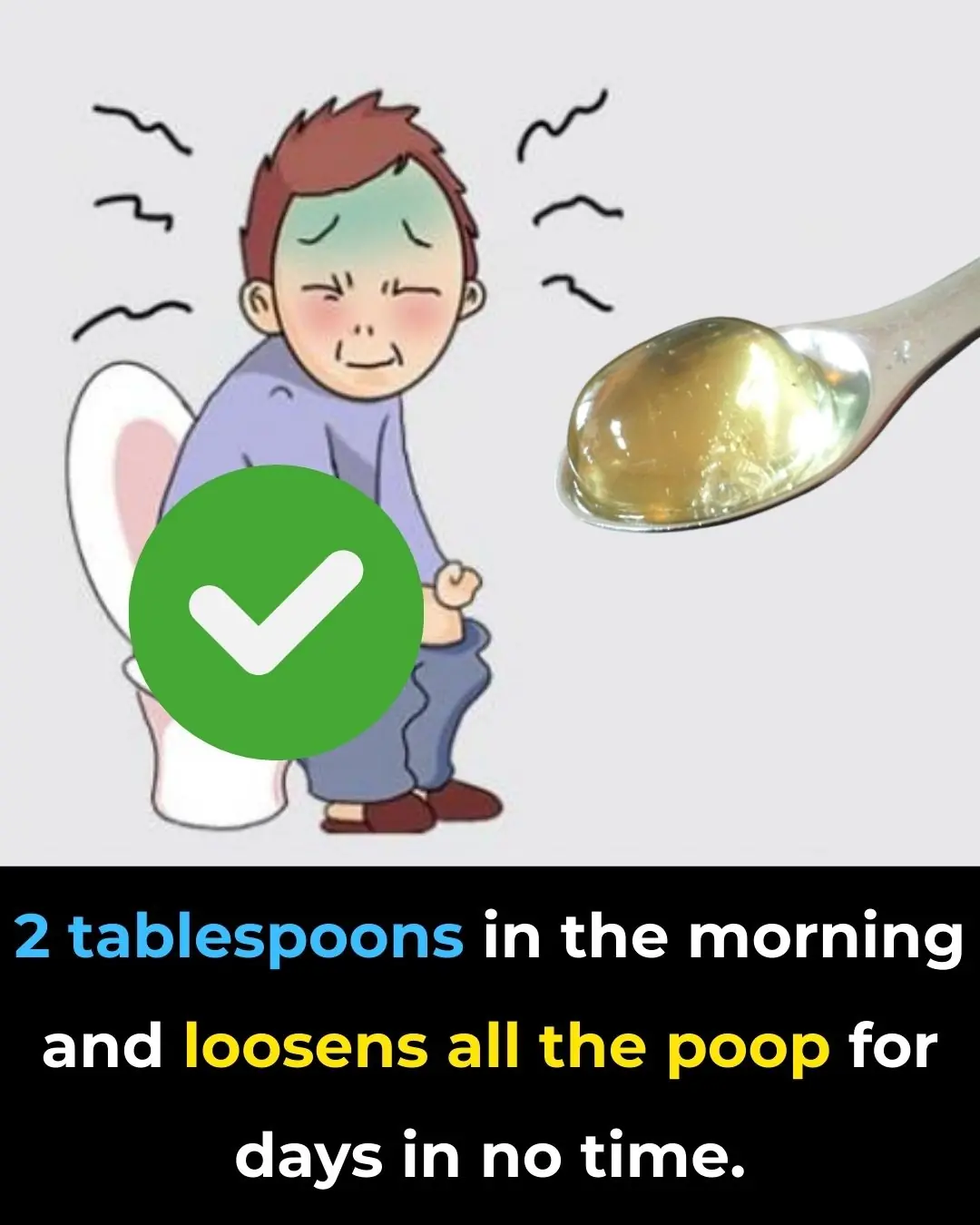
Notice Incredible Results For Your Digestive Problems
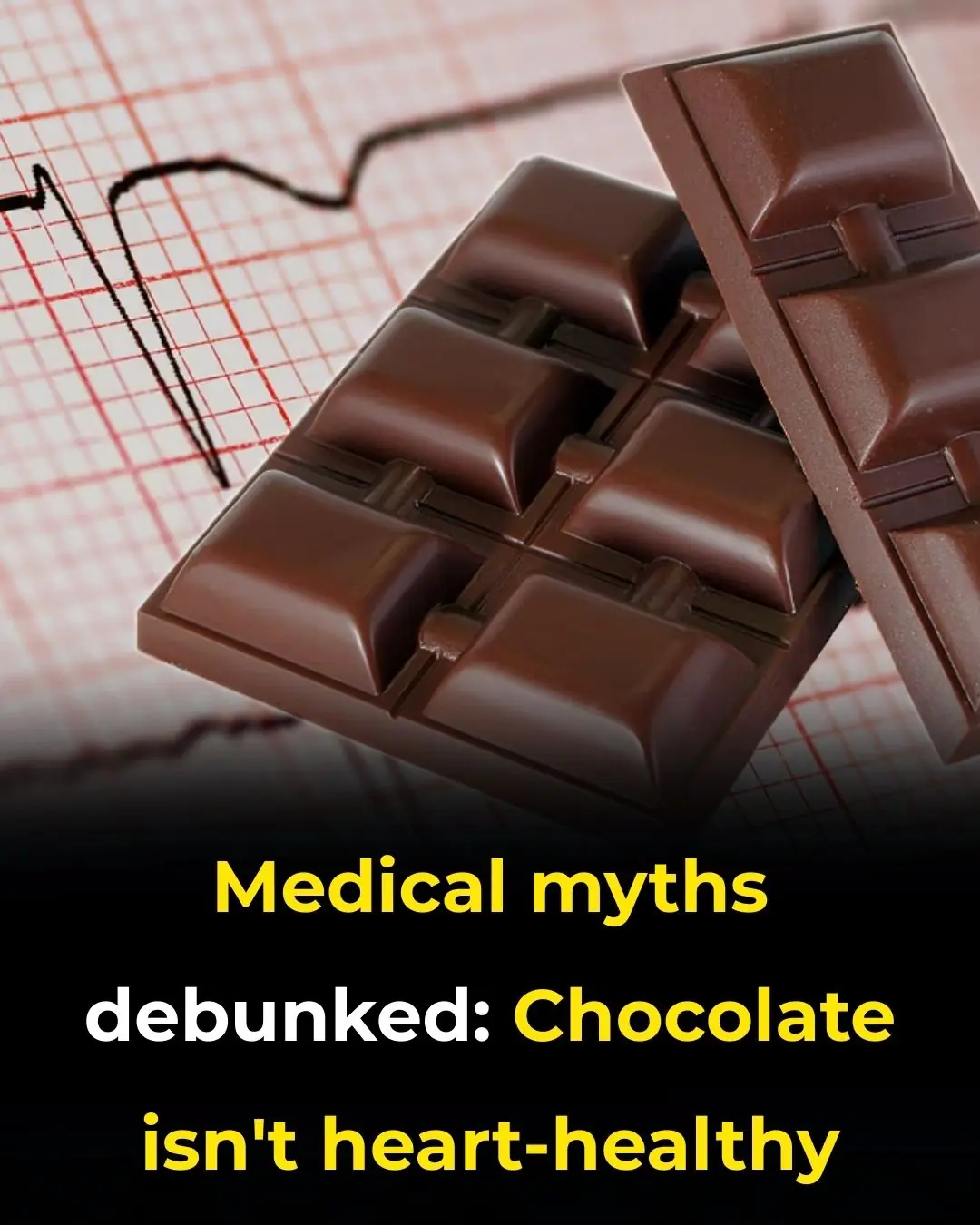
Medical Myths Debunked: Chocolate Isn’t Heart-Healthy

Raising the Bar on Breast Cancer Screening and Management
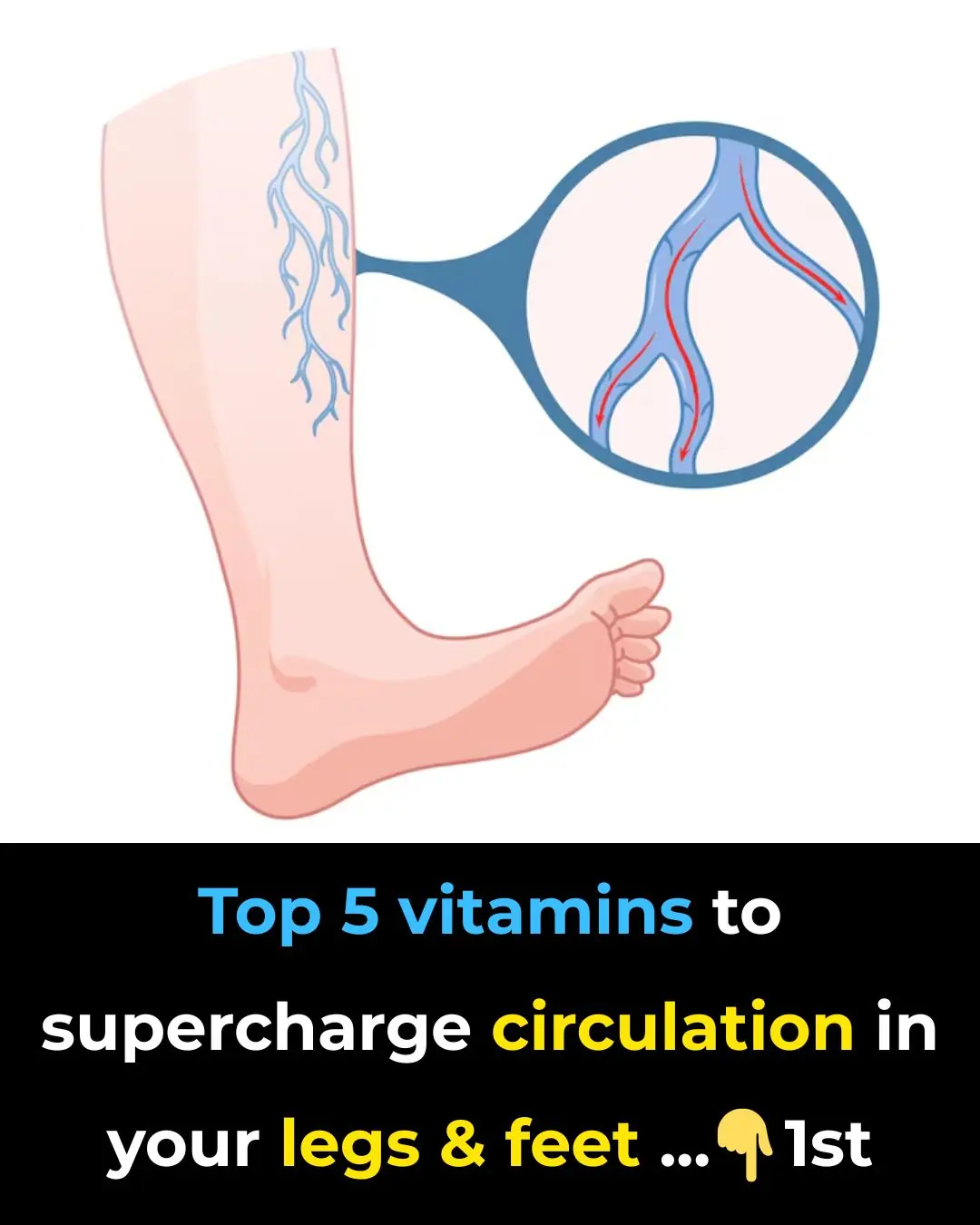
Top 5 vitamins to supercharge circulation in your legs & feet
News Post

If Your Feet Swell It Is a Clear Sign

What Your Feet Are Telling You

6 Health Benefits of Sleeping In a Cold Room and How to Make it Cooler- And Why You May Not Want to Use a Fan

The Hidden Meaning Behind Leg-crossing — It’s More Than Just Comfort

10 Symptoms of Diabetes That May Show Up In Your Feet

How To Properly Dispose of Ticks

This is what sleeping on the left side does for our brain, stomach & glymphatic health

12 Best Foods To Support Digestive and Gut Health

Study suggests anal cancer is on the rise and reveals who’s most at risk

Wife Complains of a Headache, Sleeps, and Dies Without Husband Knowing: This Type of Headache Requires Immediate Hospitalization!

Why Do You Keep Waking Up Between 3 and 5 A.M.? Causes, Explanations, and What It Means for Your Health

Deadly Secrets of Ticks: How to Remove and Dispose of Them Safely Before They Harm You
Ticks may be small, but their impact on human and pet health can be enormous.

Frankenstein Rabbits With Tentacle-Like Horns Spark Invasion As Rare Virus Causes Monstrous Mutations
Although they may look frightening or pitiful, they remain a natural example of how viruses can drastically alter an animal’s appearance.

Only the Sharpest Eyes Can Find All 6 Hidden Words in This Living Room Challenge
If you love solving puzzles and challenges, this viral hidden words image is just for you!

Shocking Effects of Sleeping Less Than 7 Hours — What Really Happens to Your Body
Getting less than seven hours of sleep might feel harmless, but science shows it can quietly damage your body in ways you don’t expect. From hormonal imbalances to skin problems and even digestive issues, sleep deprivation affects far more than just you

The Hidden Purpose of That Tiny Hole in a Safety Pin Will Surprise You
That tiny hole in a safety pin isn’t just decoration - it’s proof that even the simplest everyday tools can hide smart design secrets.

Doctors Explain Why You Should Never Hold Back a Fart
On average, every person passes gas 14 to 23 times per day—it’s a natural part of being human and actually shows that your digestive system is functioning properly.

This Appears to Be a Void in Space. In Truth, It’s Full of Stars in the Making

Potentially hostile’ alien threat could attack Earth in a few months, scientists claim
